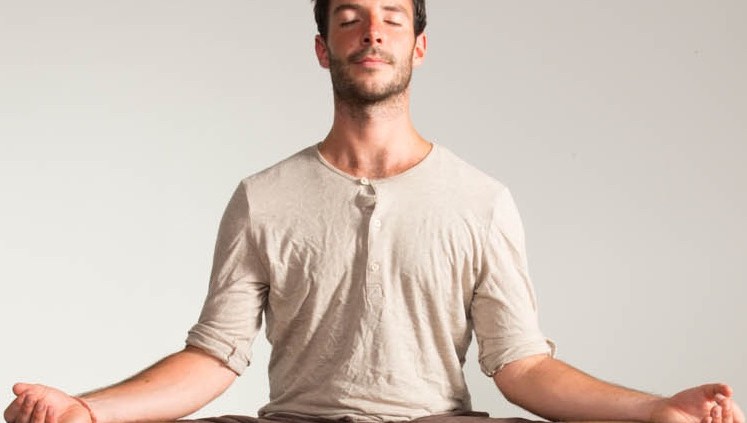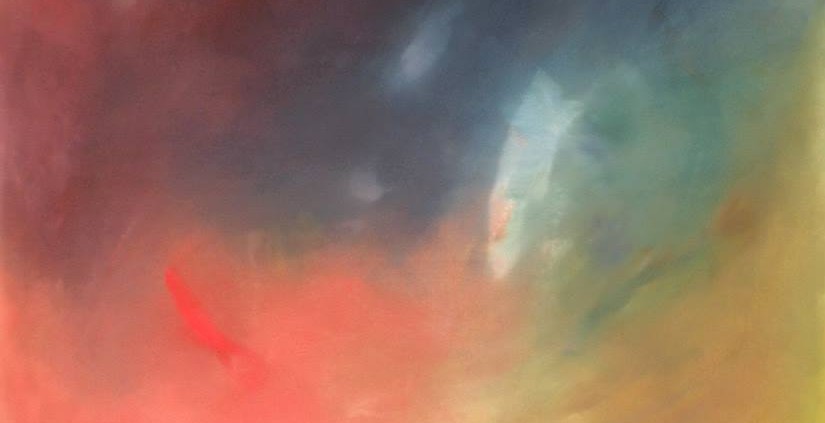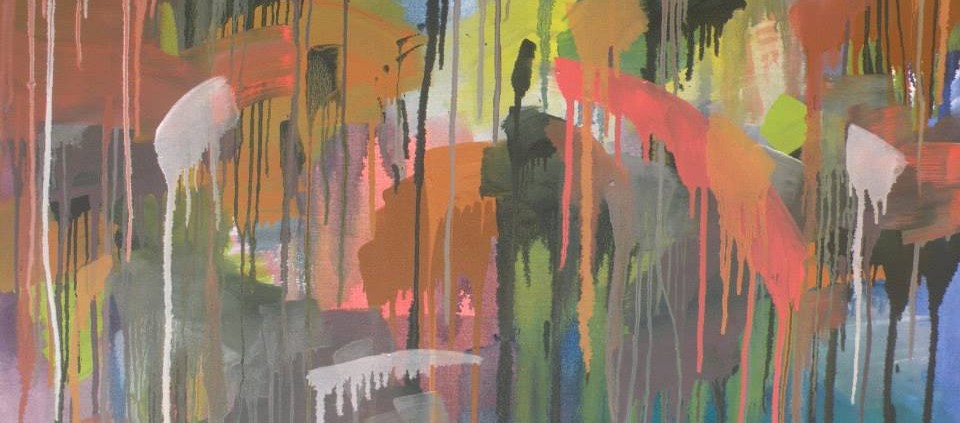A Veil of Perception
I’ve been meditating regularly for the past several months, spurred on by an intensely quieting trek in the woods and a major life transition. It has been bringing to my mind all sorts of thoughts on reality, perception, and consciousness. It has also allowed me the mental clarity to focus hard on things like art and music, despite not having any sort of schedule or deadlines or external impetus. It’s a wonderful practice which I think can improve any life.
I should probably preface this by saying that I don’t really know anything about the subject, just a few things I’ve read and noticed. There are so many ways of describing meditation, but I’ve been noticing most recently changes in perception. Buddhist philosophy talks about about maya, the fact that our interaction with reality is an illusion. It’s easy to read these words, but harder to internalize them. Regular practice of meditation starts to give a sense of the truth in the idea.
At first, our perception of the world around us seems pretty accurate. Especially if you have good eye sight, things are probably pretty clear, depth is well understood by the brain, colors are intact and go well together. It’s pretty hard to know what things actually are, but it seems clear that they at least are something. But here’s the thing about perception: everything goes through our brains. And all of our brains are different. Who knows where some peoples’ brains have been. Even barring major malfunctions, they are filled with memories, fears, desires and intentions. Everything we see is tinted by everything we have seen, and everything we can imagine seeing. At the same time, the impermanence of these things becomes clear. We will only be here for a short while, memories of us only slightly longer.
This might seem like not such a big deal, but I think actually feeling the truth behind it is really important. Perhaps impermanence and the lack of uniform reality could lead one down a path of apathy and disconnectedness. Instead, I believe that in combination with a focus on compassion, it is freeing to know that nothing lasts forever, that fear and discomfort will evaporate as quickly as they arrived, if you let them. There is a certain levity and joy in this state of mind, one that allows full expression and easy improvisation. There is little danger in trying new things, in reaching out, and in putting yourself out there.
A gray, rainy day in Seattle can be miserable if that is how you perceive it, but it can also be delicious and refreshing. Either way, it certainly will not last forever, and how we interact with it is up to us.





